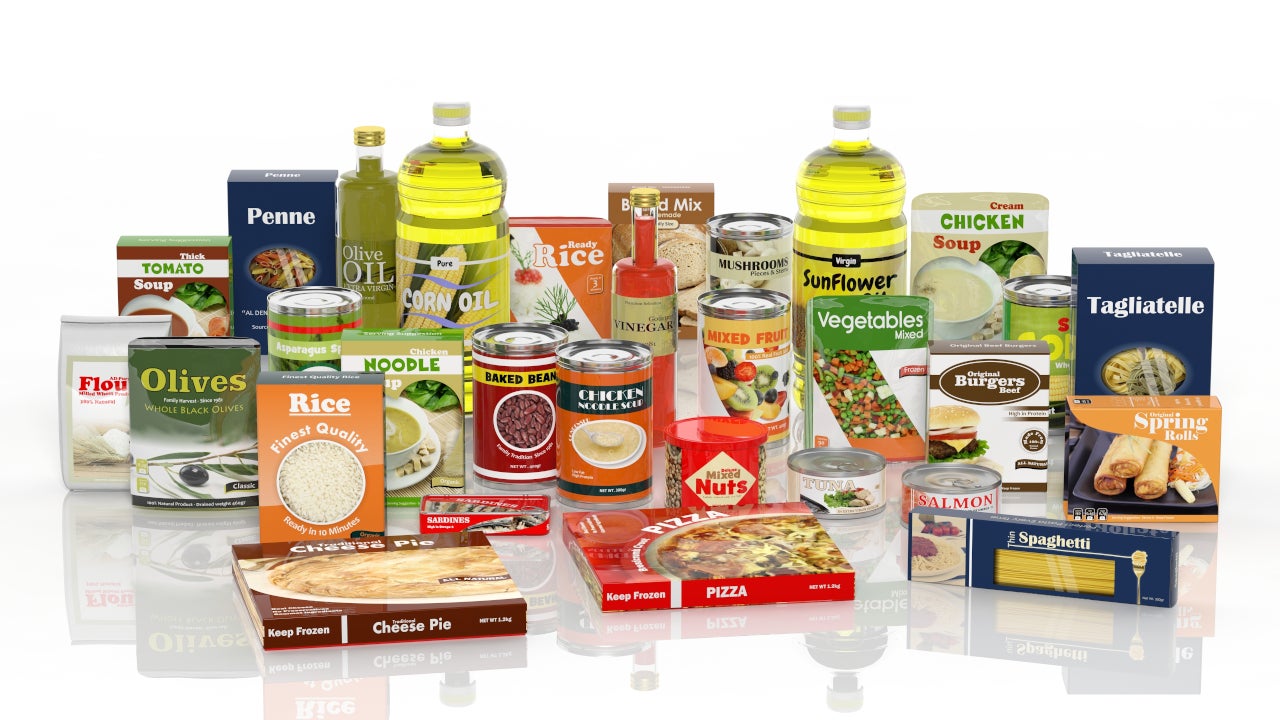In today's conscientious customer landscape, the need for ethically sourced and lasting products has surged. Private label food manufacturers have actually become trendsetters in this domain, often teaming up with agreement food makers to spearhead sustainability and also accountable sourcing initiatives. With a tenacious dedication to environmental ethics, personal label brands have actually made it their mission to supply lasting, premium choices to customers.

Private Label Food Manufacturers
In recent years, private label food manufacturers, likewise referred to as very own brands or store brand names, have actually seen an impressive surge in appeal. These makers create goods sold under the logo of a store, grocer, or private entity. What collections private-label products apart is their capacity to use affordable prices without endangering on quality.
Agreement Food Manufacturers
Many private-label food suppliers sign up with pressures with agreement producers to develop their product lines. Agreement food producers are experts in creating food for exclusive labels. This strategic partnership enables private label business to use the know-how, sources, and committed food production centers of their collaborators.
Sustainability at the Core
Private label food manufacturers use different techniques to enhance sustainability within their supply networks:
Ethical Sourcing:
Private label companies are significantly devoted to sourcing ingredients according to moral and also reasonable trade criteria. This entails ensuring that manufacturers and also employees of basic materials, such as coffee beans, seasonings, or cacao, get fair settlement for their initiatives.

Local Sourcing:
Focusing on neighborhood sourcing of active ingredients is one more trademark of private-label food makers. This not just lowers the carbon impact connected with transport however additionally sustains neighborhood farmers as well as neighborhoods.
Organic Contents:
With the health food market rising, exclusive labels are reacting by integrating natural ingredients right into their product lines. Organic farming methods prioritize dirt wellness while avoiding synthetic chemicals as well as plant foods.
Sustainable Fish and shellfish:
Private Label Food Manufacturers are attentive in making sure that the seafood they use is sustainably gathered, sticking to private label food manufacturing standards established by organizations like the Marine Stewardship Council, which promotes liable angling.
Reduced Food Waste:
Exclusive label firms are actively servicing reducing food waste by implementing reliable manufacturing procedures and developing items with longer life span. Some brands are likewise partnering with food rescue organizations to donate excess food to those in need.
Eco-Friendly Packaging as well as Efforts
Sustainability efforts by private-label food manufacturers expand past sourcing components to incorporate product packaging and also green efforts:
Sustainable Packaging:
Exclusive label brands have actually accepted green product packaging choices, consisting of recyclable, eco-friendly, or compostable materials. Redesigning product packaging to minimize excess product and decrease ecological effect is a top priority.
Waste Decrease:
To minimize wastefulness, private-label food manufacturers enhance product sizes, decrease excess product packaging, and also discover innovative packaging solutions. Some brand names even motivate consumers to join reusing programs.
Energy Effectiveness:
Numerous personal label manufacturers are purchasing even more energy-efficient production plants, minimizing water use, and adopting renewable resource sources to better decrease their ecological impact.
Carbon Neutral Initiatives:
Some exclusive brand name food producers are taking ambitious steps to accomplish carbon nonpartisanship by offsetting their greenhouse gas emissions with reforestation tasks and renewable resource credits.
Difficulties and the Roadway Ahead
In spite of the significant strides made in sustainability as well as accountable sourcing, private-label food producers deal with difficulties. Balancing sustainability with cost-effectiveness can be a fragile act, in some cases requiring compromises on lasting active ingredients or the exploration of eco-friendly choices.
Nonetheless, the future of private-label food manufacturing holds excellent pledge. As customer recognition and also demand for sustainable products continue to rise, private-label brand names and their contract food manufacturing partners are most likely to magnify their efforts. Cooperation with distributors and investment in sustainable technical advancements and also openness will certainly be critical fit a lasting future for the market.
Frequently Asked Concerns
Q1: What are private label food manufacturers?
Private label food manufacturers generate goods offered under the logo design of a retailer, grocer, or exclusive entity. They supply competitively priced items without compromising on top quality.
Q2: Just how do private label food manufacturers advertise sustainability?
Private label food manufacturers promote sustainability with ethical sourcing, regional active ingredient procurement, using organic active ingredients, sustainable fish and shellfish practices, and efforts to reduce food waste.
Q3: What environmentally friendly packaging alternatives do personal label brand names use?
Personal label brands adopt green packaging choices such as recyclable, biodegradable, or compostable products. They additionally revamp product packaging to decrease excess material and also reduce ecological effect.
Q4: What tests do private label food manufacturers deal with in sustainability efforts?
Balancing sustainability with cost-effectiveness is a major challenge for private label food manufacturers. This might call for compromises on lasting active ingredients or the expedition of eco-friendly choices.
Final thought
Private label food manufacturers are at the leading edge of the sustainability and also responsible sourcing motion within the food sector. Their dedication to moral sourcing, neighborhood procurement, organic active ingredients, and also lasting methods, along with their devotion to eco-friendly product packaging and also waste decrease campaigns, show their resolution to meet the needs of today's eco-conscious consumers.
Despite the difficulties they encounter, private label food manufacturers are poised for an appealing future. With customers increasingly focusing on sustainability, the market is most likely to witness also better cooperation with distributors, financial investment in sustainable technologies, as well as a commitment to openness. As we progress, private label food manufacturers will remain to play a crucial function in shaping a more lasting and honest food landscape for all.